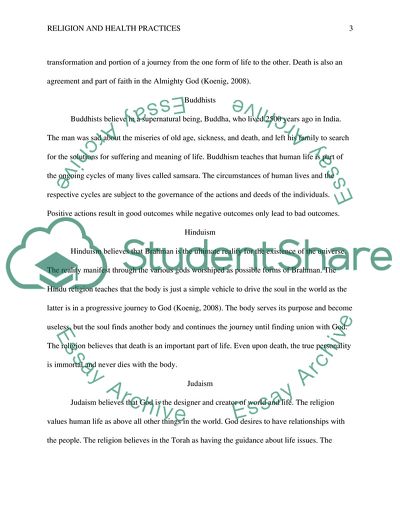Cite this document
(Health and Religion Research Paper Example | Topics and Well Written Essays - 2750 words, n.d.)
Health and Religion Research Paper Example | Topics and Well Written Essays - 2750 words. https://studentshare.org/health-sciences-medicine/1860199-health-and-religion
Health and Religion Research Paper Example | Topics and Well Written Essays - 2750 words. https://studentshare.org/health-sciences-medicine/1860199-health-and-religion
(Health and Religion Research Paper Example | Topics and Well Written Essays - 2750 Words)
Health and Religion Research Paper Example | Topics and Well Written Essays - 2750 Words. https://studentshare.org/health-sciences-medicine/1860199-health-and-religion.
Health and Religion Research Paper Example | Topics and Well Written Essays - 2750 Words. https://studentshare.org/health-sciences-medicine/1860199-health-and-religion.
“Health and Religion Research Paper Example | Topics and Well Written Essays - 2750 Words”. https://studentshare.org/health-sciences-medicine/1860199-health-and-religion.


